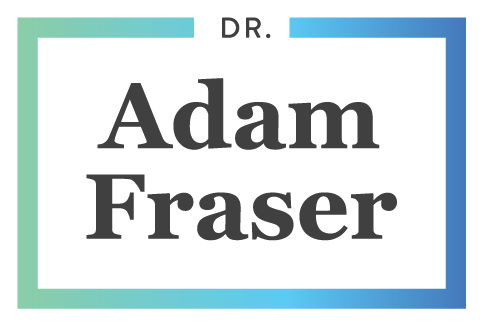Don't you dare pivot!
Ever since this crisis got really real, I have been inundated with COVID-19 porn. Don’t worry it’s not your traditional porn, it is the volumes and volumes of information I have got on my social media feed telling me, “How I can pivot my business”, “How to thrive in a downturn market”, “How to leave your competition behind in a crisis”. This in addition to the 37 million articles on how to work from home more effectively.
Add to this the fact that while being briefed for a webinar I was delivering to a global audience, a senior executive said to me, “Could you not mention COVID-19 or pandemic, actually just pep them up and talk about positive things”.
These interactions cause me a grave amount of concern. My fear is that we are going to respond to this situation in a superficial and clinical way. Because of our inability to sit with discomfort we will not not learn from this crisis, instead we will pivot our way out of it or numb ourselves through it.
We are going through a global crisis and regardless of how many times we show each other our pets in team meetings, or have a crazy sock competitions on zoom, it's not going away.
We are missing the point people. Stop pivoting and being obsessed with activity and instead use this wake up call to reassess your life.
The reality is that COVID-19 is a gift. It’s a shitty gift that we would regift in a heart beat, none the less it is an opportunity to fundamentally shift the way we live, work and connect.
To write our book ‘Strive - embracing the gift of struggle’ we studied the wellbeing and goal achievement of 1000’s of people. Two big themes came out in that research:
- People who achieved a big goal (usually a high position in their organisation, built a business, earned a certain amount of money) said the price they had to pay for that goal wasn’t worth it. The price was usually their health suffered or their family life was neglected.
- People were tired of the relentless busyness and pace of life. They didn’t get to enjoy or appreciate their life.
What I am observing currently is that people are fighting for, and grieving a world that made them freakin miserable.
I spoke to a dad the other day who said for the first time in 15 years he is having breakfast with his kids during the week. For me I am playing handball with my daughters every day at lunch time. It’s brilliant.
Of course you need to take constructive action to protect your livelihood during this time but don’t spend all your time focused on that. Also don’t numb yourself with alcohol, screens, drugs or spring cleaning. Sit with the terrifying but beautiful discomfort that comes with this crisis. Journal, talk to each other, talk to a psychologist, listen to Radiohead and get in the trenches with the struggle we are all experiencing. Greet it with curiosity and openness, if you do that it will teach you so much.
Same goes for organisations and leaders. Research tells us that a huge percentage of the workforce don’t trust their organisation and are not engaged in their work. We have so much ground to make up in both these areas. For too long the majority of leaders have had a superficial relationship with their teams at best. Leaders can use this time to connect with team on an unprecedented level of depth.
Since 2016, our organisation in partnership with Deakin University have studied how decentralised team stay connected and productive. The answer is not funny backgrounds on zoom or morning huddles. The answer is deep human connection. One of the teams we worked with saw a 160% increase in how much they trusted their leader and a 76% increase in how supportive they thought their team was. What lead to this transformation? They completed a program in which they had deep conversations about; meaning and purpose, accountability, how every team member affects its culture, evolution and improvement, as well as deep discussions on burnout, wellbeing and fears and doubt.
For organisations and leaders this is an incredible opportunity to in-still humanity and connection back into the work place. During this crisis don’t just pivot, rather take the time to evolve the way you are living your life so you live in a more meaningful and connected way.

